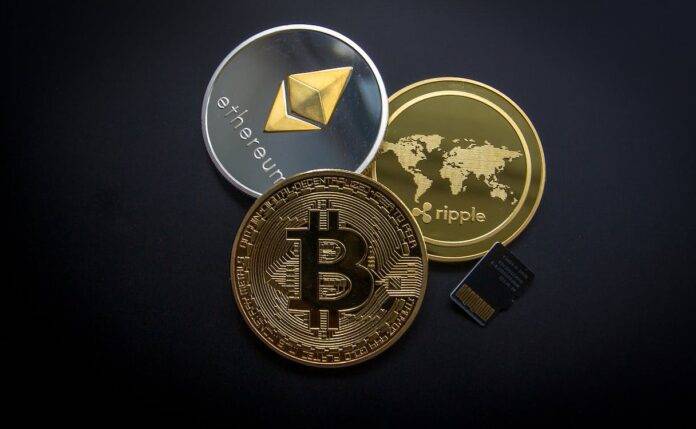Bitcoin, the world’s first decentralized digital currency, has been around for over a decade now. Since its inception, Bitcoin has seen tremendous growth, attracting investors, traders, and even governments. However, despite the growth, regulation of Bitcoin and other cryptocurrencies remains a contentious issue. In this article, we will explore how Bitcoin is regulated around the world. If you are starting in crypto trading, be sure to visit quantum ai trading for a reliable and user-friendly platform.
Regulation of Bitcoin in the United States
In the United States, Bitcoin is considered a commodity and is regulated by the Commodity Futures Trading Commission (CFTC). The CFTC classifies Bitcoin as a commodity, which means it falls under the same regulations as other commodities such as gold or oil. The Internal Revenue Service (IRS) also considers Bitcoin and other cryptocurrencies as property for tax purposes.
The Securities and Exchange Commission (SEC) has also been active in regulating cryptocurrencies. The SEC has stated that some cryptocurrencies, such as Initial Coin Offerings (ICOs), are securities and therefore subject to securities laws.
Regulation of Bitcoin in Europe
In Europe, the regulation of Bitcoin and other cryptocurrencies varies from country to country. Some countries have embraced cryptocurrencies and have created regulations that are friendly to the industry. Other countries have taken a more cautious approach.
In the European Union (EU), cryptocurrencies are not considered legal tender, but they are not banned either. The EU has been working on developing a regulatory framework for cryptocurrencies, but progress has been slow.
Regulation of Bitcoin in Asia
Asia is a hotbed for cryptocurrency activity, and the regulation of Bitcoin and other cryptocurrencies in the region varies widely. Japan is one of the most Bitcoin-friendly countries in the world, and it was the first country to regulate cryptocurrencies.
In Japan, cryptocurrency exchanges are required to register with the Financial Services Agency (FSA) and must comply with strict regulations. Japan’s progressive approach to cryptocurrencies has made it a hub for cryptocurrency activity, and it is home to some of the world’s largest cryptocurrency exchanges.
China, on the other hand, has taken a more cautious approach to cryptocurrencies. In 2017, China banned Initial Coin Offerings (ICOs), and it has also cracked down on cryptocurrency exchanges. However, despite the crackdown, there is still a thriving cryptocurrency community in China.
Regulation of Bitcoin in Africa
Africa is a continent that has seen tremendous growth in cryptocurrency adoption. Countries like Nigeria, Ghana, and South Africa have seen a surge in cryptocurrency activity. However, the regulation of cryptocurrencies in Africa is still in its early stages.
In Nigeria, the Central Bank of Nigeria (CBN) has issued warnings about the use of cryptocurrencies, but it has not banned them outright. In South Africa, the South African Reserve Bank (SARB) has also issued warnings about the use of cryptocurrencies, but it has not banned them either.
Conclusion
In conclusion, the regulation of Bitcoin and other cryptocurrencies varies widely around the world. Some countries have embraced cryptocurrencies and have created regulatory frameworks that are friendly to the industry, while others have taken a more cautious approach. As the industry continues to grow and mature, it is likely that we will see more countries create regulatory frameworks for cryptocurrencies.
- SEO Powered Content & PR Distribution. Get Amplified Today.
- PlatoAiStream. Web3 Data Intelligence. Knowledge Amplified. Access Here.
- Minting the Future w Adryenn Ashley. Access Here.
- Buy and Sell Shares in PRE-IPO Companies with PREIPO®. Access Here.
- Source: https://www.fintechnews.org/how-bitcoin-is-regulated-around-the-world/





